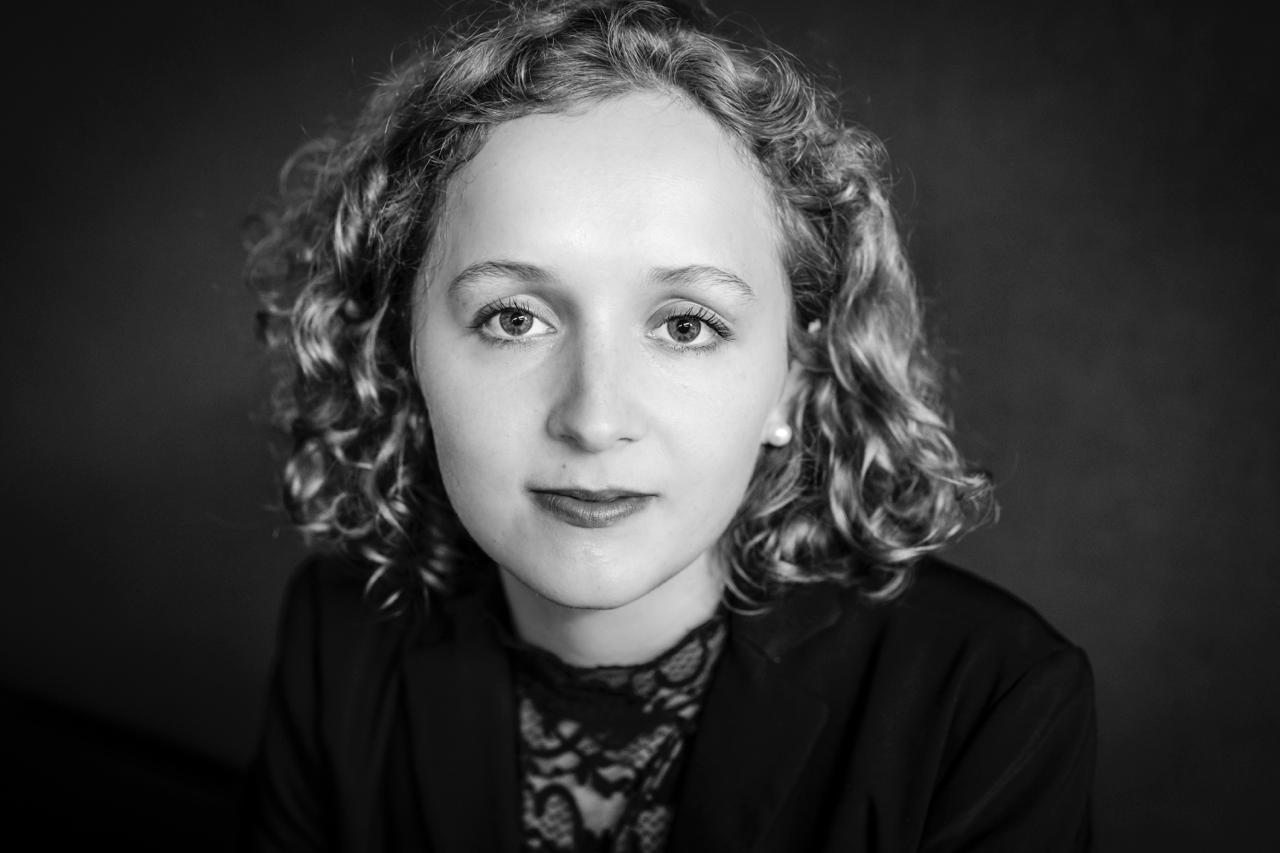Alright – so today we’ve got the honor of introducing you to Klara Poznachowska. We think you’ll enjoy our conversation, we’ve shared it below.
Klara, thank you so much for joining us today. Let’s jump right into something we’re really interested in hearing about from you – being the only one in the room. So many of us find ourselves as the only woman in the room, the only immigrant or the only artist in the room, etc. Can you talk to us about how you have learned to be effective and successful in situations where you are the only one in the room like you?
This deeply resonates with me, as I am part of a small group studying jazz harp. There are few role models to follow, so I’ve had to develop my own techniques and approaches that suit my instrument. Navigating this journey on my own has made me more self-reliant and has strengthened my ability to trust in my own judgment. It has also taught me to adapt to change gracefully, maintaining a steady course even when challenges arise. The ability to learn quickly and adjust to new situations has become an invaluable skill I’ve cultivated. One of the most influential teachers I’ve had once told me that everything is possible on the harp, and that I should always search for the answers.
Appreciate the insights and wisdom. Before we dig deeper and ask you about the skills that matter and more, maybe you can tell our readers about yourself?
My musical journey began at the age of seven, when I started playing the harp at a school in Warsaw, Poland, with a focus on classical music. After twelve years of studying classical harp, I chose to pursue a new path, dedicating myself to composition and incorporating contemporary styles into my playing. In 2020, I was honored to receive a full-tuition scholarship to Berklee College of Music, where I expanded my musical interests and horizons. At Berklee, I had the privilege of collaborating with exceptional musicians who have profoundly shaped my artistry and helped define the musician I am today. In April 2023, I formed a trio with the talented clarinetist Mehrpouya Daneshvar and bassist Lucas Phillips. Since then, we have been recording and performing together around the Boston area. After earning my Bachelor’s degree from Berklee, I am now pursuing a Master’s degree at the Berklee Global Jazz Institute, a program that fosters creative exploration at the highest level and encourages “non-traditional” jazz instruments to carve out their own place within improvisation. I feel incredibly fortunate to be part of such a dynamic and inspiring community.
There is so much advice out there about all the different skills and qualities folks need to develop in order to succeed in today’s highly competitive environment and often it can feel overwhelming. So, if we had to break it down to just the three that matter most, which three skills or qualities would you focus on?
One of the most valuable skills I have developed is the ability to sight read music across various styles. This proficiency has significantly increased my productivity as a musician, allowing me to secure more performance opportunities. It became especially crucial during my participation in Film Scoring Orchestra sessions, where musicians often had only 20 minutes to record a piece. Working under such time pressure taught me to navigate challenging scenarios efficiently and with confidence. Throughout my undergraduate studies, I was fortunate to encounter numerous situations that strengthened my ability to sight read under diverse conditions.
Another vital lesson I’ve learned is the importance of self-reliance, particularly as a harpist. Given the size and complexity of the instrument, it is essential to never depend on others to handle your equipment. While well-meaning individuals may offer assistance, they often lack the experience to properly manage large instruments. As a result, it is crucial to prioritize your own needs and ensure that you are fully responsible for your instrument.
Finally, one of the most important skills I’ve cultivated is the ability to quickly adapt to the instrument I’m playing. In many of my performances, I either rent a harp from a friend or borrow one from a nearby school, and there is often little time for a proper warm-up before the dress rehearsal. As a result, I’ve had to learn how to adjust my playing technique to suit different instruments, which has saved me significant time and prevented frustration.
What was the most impactful thing your parents did for you?
I was raised in a large family with two sisters and one brother. My siblings and I were always encouraged to explore different hobbies throughout our childhood. When I was six years old, I attended a family concert at a music theater with my parents, and I remember that day vividly because it was the first time I had seen a harp. I recall the instrument being golden and shiny, and the woman playing it looked like an angel. I told my parents that I wanted to play the harp, and they supported me in pursuing that dream. The following year, I was enrolled at the No. 1 Music School in Warsaw, with harp as my primary instrument. From that point on, my parents were always by my side, supporting my journey by attending my practice sessions and driving me to concerts and competitions. They never opposed my aspirations, and for that, I am deeply grateful for their love and trust in me.
Contact Info:
- Instagram: @klaraharp
- Facebook: https://www.facebook.com/klara.poznachowska/
- Linkedin: https://www.linkedin.com/in/klara-poznachowska-4466b51b6/
- Youtube: https://www.youtube.com/@jazzedharpist
- SoundCloud: https://soundcloud.com/mira-paxon




Image Credits
Matthew Muise Erin Clark Gabriel Arvelo




